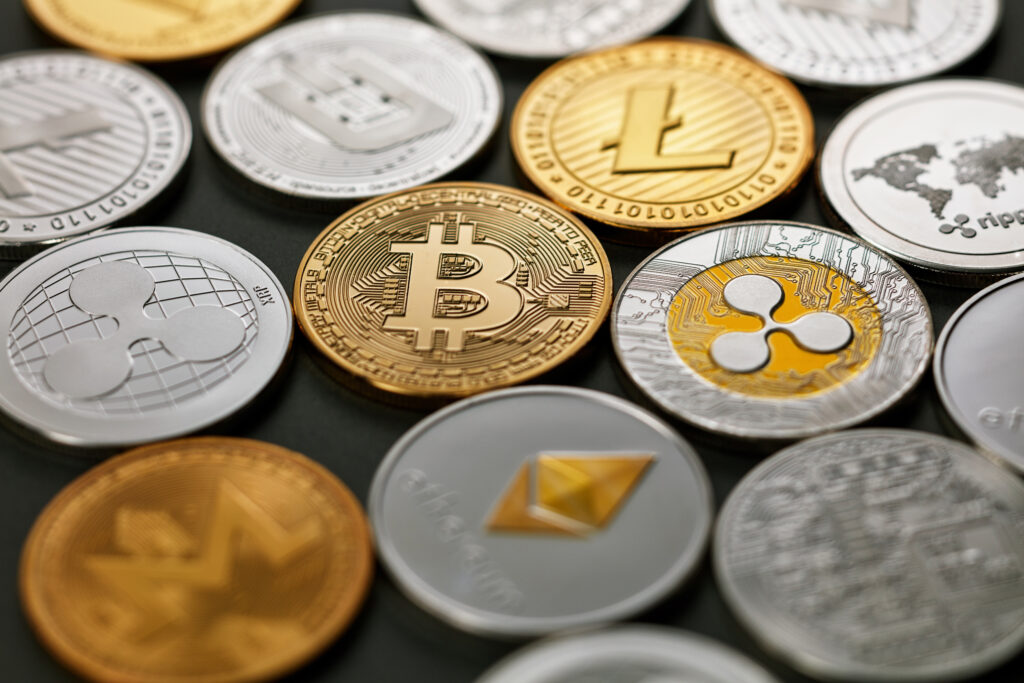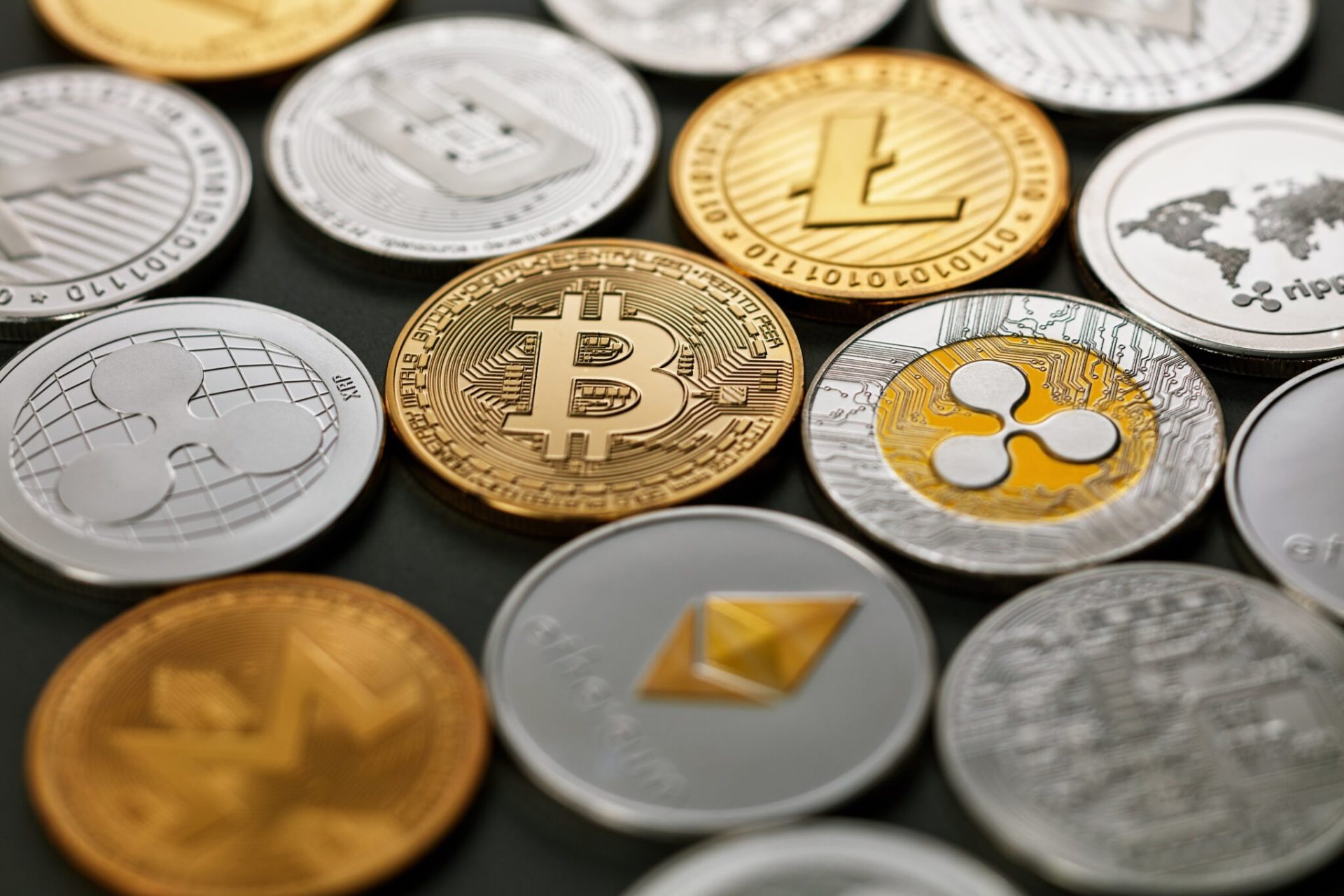In the Philippines, cryptos are increasingly of interest to large institutions. Recently, Binance, the country’s largest digital asset exchange, attended a Senate hearing in which government institutions took part. Together, they discussed the policies and guidelines to be adopted with regard to digital assets in the country. In this context, some universities will provide to students courses on cryptocurrencies.

The importance of a financial education
The Philippine Senate has been a place of exchange for the great institutions of the country. The Securities and Exchange Commission (SEC), the Bangko Sentral Pilipinas Central Bank (BSP) and the Cagayan Economic Zone Authority (CEZA), and of course Binance took part in it. The Fintech Alliance Philippines, a crypto advocacy group in the region, also participated in the hearing.
According to the country’s Binance managing director Kenneth Stern, the Philippines has all the means to succeed in making cryptos the pillar of its economy. “We firmly believe that the cryptocurrency industry can greatly benefit the Filipino people, by addressing the need for financial inclusion through digitalization”, stressed the director.
To achieve the defined goals, Binance has already concluded a partnership with universities and professional groups to give free courses on blockchain and on cryptos like bitcoin (BTC). For good reason, at the end of the hearing, it was held that access to financial education constitutes the basis for the construction of a framework to facilitate the integration of digital assets into the habits of Filipinos.
“78% of Filipinos still don’t have a bank account, but cryptocurrency can help decrease this number, as digital asset holders will soon surpass the number of credit card holders in the country”, Mr. Stern asserted during the hearing.
Ensuring security in the crypto sector
Aside from financial education, the issue of consumer protection was also discussed during the hearing. In this regard, the deputy governor of the BSP explained that the central bank does not want to hinder the growth of the cryptocurrency ecosystem. On the contrary, she wants to win the trust of consumers. Therefore, even if financial education is needed, it will not be enough.
The institutions gathered at the hearing considered that the establishment of a mechanism for ensuring growth and innovation in the digital asset sector would be indispensable. In addition, it would also be necessary to establish a secure framework within the digital economy.
In order to allow as many Filipinos as possible to easily have access to a good financial education on cryptocurrencies, universities will give courses on blockchain and digital assets. But financial education is not the only point that the country’s authorities insist on. They also want to create a secure framework for the benefit of future users.
Receive a digest of the news in the world of cryptocurrencies by subscribing to our new daily and weekly newsletter service so you don’t miss anything essential Cointribune!
Behind the generic signature “Editorial CT” are young journalists and authors with special profiles who wish to remain anonymous because they are involved in the ecosystem with certain obligations.

